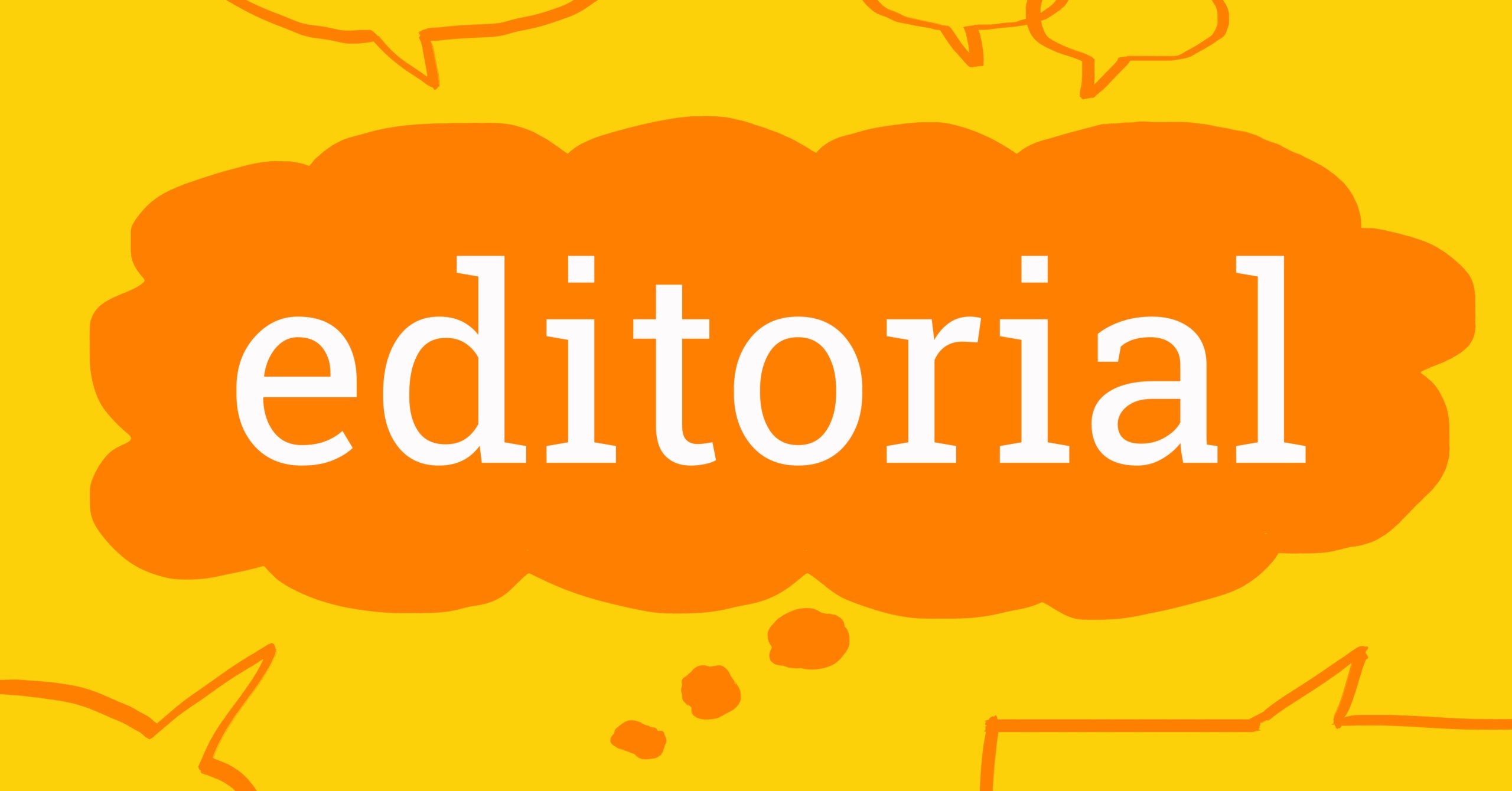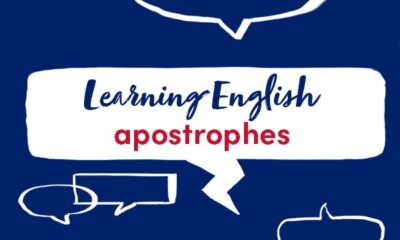In another of our blog posts on Spanish nouns that can be masculine or feminine depending on meaning we look at editorial.
You can listen to the pronunciation of editorial in the audio clip below:
Un editorial is a leading article or opinion piece by the editor of a newspaper or magazine, and just like artículo (article), it’s masculine:
los dos primeros párrafos del editorial
the first two paragraphs of the editorial
El País ha publicado un editorial al respecto.
El Pais has published an editorial on the subject.
Una editorial is the same as una casa editora (publisher or publishing house), and just like casa, it’s feminine:
Aseguran que nada va a cambiar en la editorial.
They say there won’t be any changes at the publisher.
Estaba entonces empleada en una editorial de revistas.
She was employed at a magazine publisher at the time.
Remember to make any articles and adjectives agree in gender and number with the noun they modify:
Se emocionó al leer los editoriales de la prensa.
He was moved when he read the editorials in the papers.
Varias editoriales ofrecen magnífica literatura a precios insólitamente bajos.
Several publishers are offering fantastic literature at unusually low prices.



